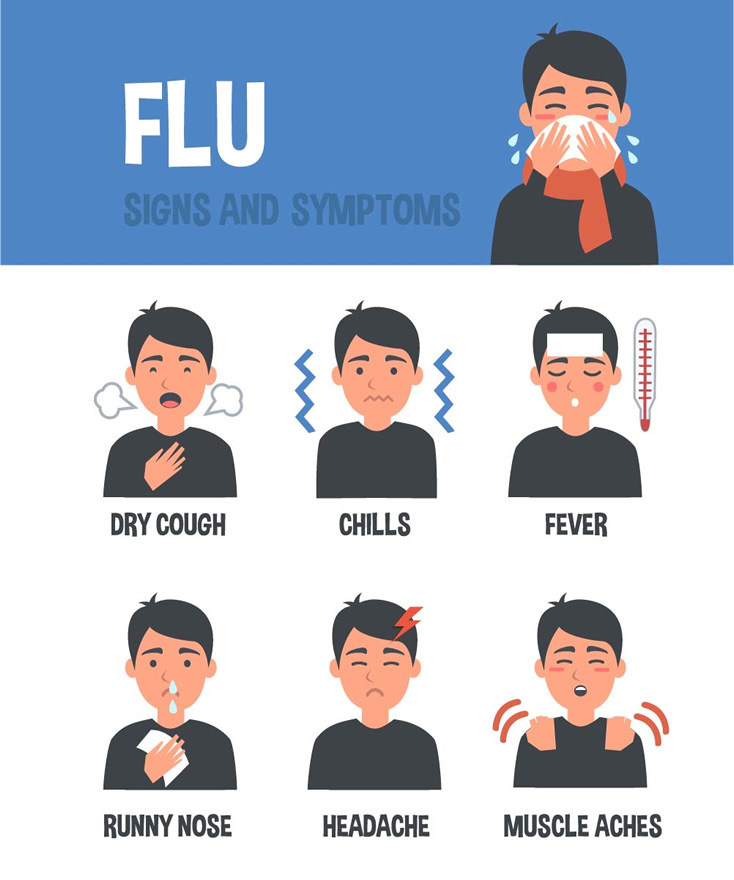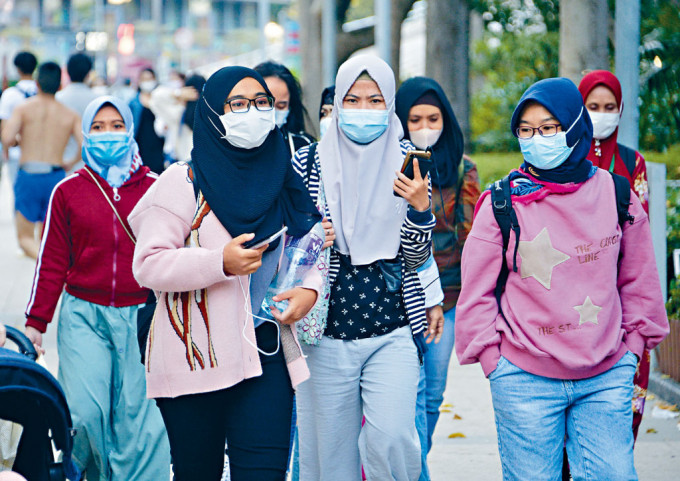The recent tragic death of a 13-year-old girl in Hong Kong has cast a spotlight on the serious risks posed by influenza B, prompting urgent warnings from medical experts about the virus’s potential severity. This heartbreaking incident, which marks the city’s first pediatric flu fatality since last June, serves as a critical reminder of the importance of understanding and responding to influenza B.
Dr. Mike Yat-Wah Kwan, president of the Asian Society for Paediatric Infectious Diseases, has been particularly vocal about the dangers, emphasizing that influenza B can lead to rapid and life-threatening complications. Unlike many people’s perception of the flu as a mild illness, this virus can quickly develop into serious conditions such as myocarditis and pneumonia, especially in children.

The current situation in Hong Kong paints a concerning picture. Between September and early October, the Centre for Health Protection documented 337 institutional outbreaks across educational settings. These include 35 outbreaks in kindergartens and child care centers, 182 in primary schools, and 120 in secondary schools – a clear indication of how quickly the virus can spread among young populations.
What makes influenza B particularly noteworthy is its unique characteristics. While it mutates less frequently than influenza A, it remains a significant health threat, especially for vulnerable groups including children, the elderly, pregnant women, and those with compromised immune systems. The virus typically manifests with symptoms that parents should carefully monitor: high fevers above 38°C, persistent dry coughs, sore throats, and extreme fatigue. Children may also experience additional symptoms like gastrointestinal issues, eye pain, and loss of appetite.
Transmission occurs primarily through respiratory droplets and contact with contaminated surfaces, underscoring the critical importance of basic hygiene practices. Experts like Dr. Kwan stress that early medical intervention can dramatically reduce the illness’s severity. Parents are advised to seek immediate medical attention if their children show persistent symptoms lasting one or two days, particularly if they exhibit signs of confusion, drowsiness, or significant appetite loss.
The virus’s incubation period typically ranges from 1 to 4 days, with the illness lasting approximately 5 to 7 days. This relatively short but intense period highlights the need for quick recognition and response. Antiviral medications can be particularly effective when administered early, potentially preventing the progression of more serious complications.

While the recent fatality might seem alarming, it’s crucial to approach the situation with informed caution rather than panic. Understanding the virus, recognizing its symptoms, and taking proactive preventative measures are key to protecting children and communities. This includes practicing good hygiene, ensuring children receive prompt medical attention when needed, and staying informed about local health advisories.
The ongoing outbreak in Hong Kong serves as a powerful reminder that influenza B is not to be underestimated. It’s a complex virus that demands respect, awareness, and proactive management. By staying informed, practicing good hygiene, and responding quickly to potential symptoms, parents and caregivers can play a crucial role in protecting their children and communities from this serious health threat.












